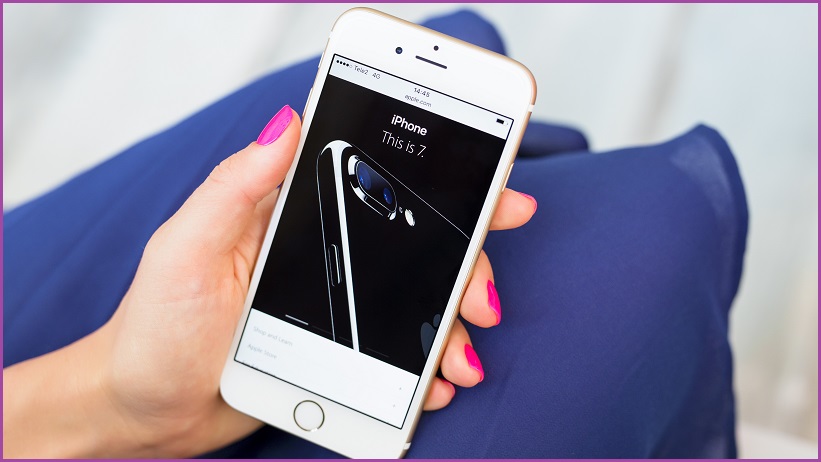Supermarket Coles will start selling refurbished iPhone 7 devices in-store across the country this week.
The used 32GB iPhones will be flogged off for an introductory price of $259 which includes a $10 Boost SIM card (with a seven-day expiry), 12-month warranty, and charging cable.
Founder of Boost, Perter Adderton, said he was excited to “take refurbished smartphones mainstream like never before” by selling used phones in one of the country’s largest supermarket chains.
The telco sources its refurbished devices through second-hand smartphone wholesaler Alegre which will buy a good condition iPhone 7 32GB for $130.
Boost says the devices may show “minimal signs of wear” but are otherwise “100 per cent fully functional” and have been run through a 72-point checklist to make sure they work, including having 80 per cent of the device’s original battery life.
Coles is only selling these phones in-store, but there are other online shops that sell refurbished iPhones in Australia.
Melbourne’s Phonebot has been offering used mobiles since 2012 and is currently selling 32GB iPhone 7 devices for $279.
Similarly, Ozmobiles has used devices for $259.
While Apple does sell refurbished versions of its products, the Australian online store doesn’t include any iPhones.
Return of a favourite
It’s been four years since the iPhone 7 hit stores where base models sold for $1079 and headphone enthusiasts were bummed out by a total lack of a 3.5mm stereo port.
Still, the iPhone 7 was a massive hit with Apple’s customers, selling an estimated 21.5 million iPhone 7 units (and 17.4m iPhone 7 Plus units) in its first three months.
The iPhone device is still supported by Apple on iOS 14 for the time being.
In the years since the iPhone 7 release, Apple has continued its habit of releasing a new device every year (while slowing down older models) and adding incremental improvements like a bunch of new cameras and 5G support.
The tech giant also targeted the mid-range price market earlier this year with a $750 iPhone SE that varies little from the iPhone 7 but has a much-improved processor.
But tech companies pushing for yearly hardware upgrades has led to a rise in electronic waste by household consumers.
The latest ABS data on Australian waste – due to be updated this week – found that, in 2016-17 Australian households generated nearly 80 per cent of all e-waste in the country.
Out of 369,000 tonnes of e-waste produced that year, only 45 per cent of it was recycled with the rest heading straight to landfill.










